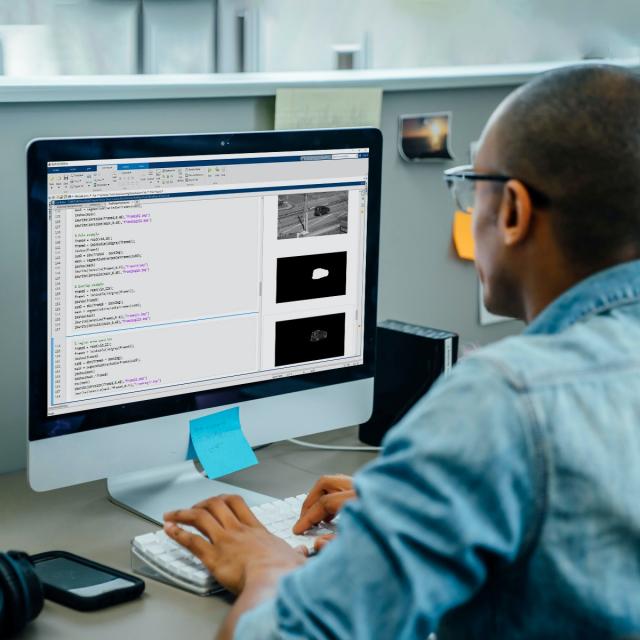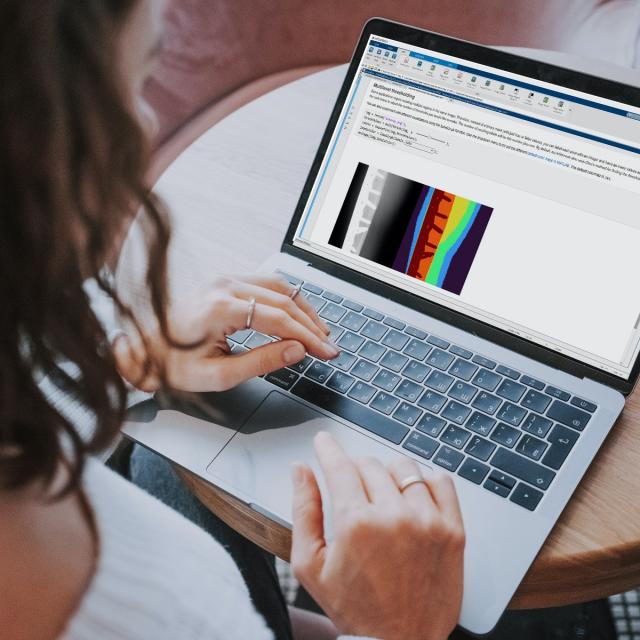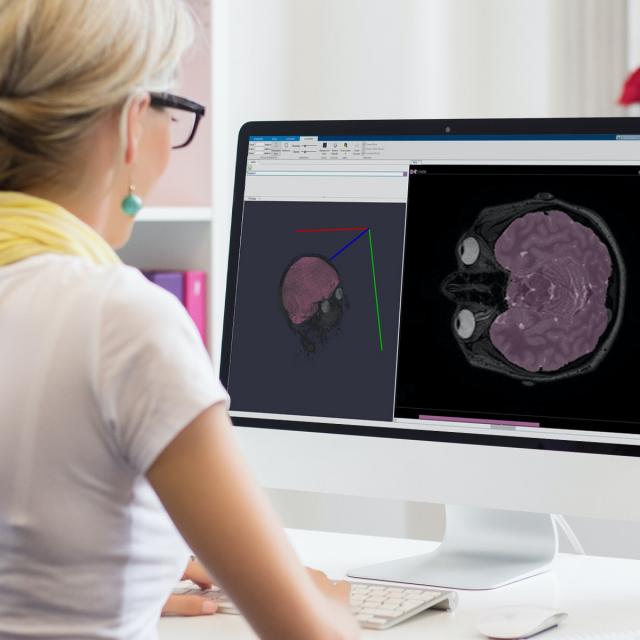Image Processing for Engineering and Science Specialization
As cameras become widespread, there are endless opportunities to process images and videos. This specialization is intended for engineers and scientists who need to analyze, design, and build systems using images or videos. You will explore real-world applications like:
· How quickly is a glacier melting?
· Does an MRI image show a healthy brain?
· Are large cracks appearing in a foundation?
· What is the traffic flow during peak hours of the day?
You will use MATLAB throughout this specialization.MATLAB is the go-to choice for millions of people working in engineering and science, and provides the capabilities you need to accomplish your image processing tasks.You will be provided with free access to MATLAB for the duration of the specialization to complete your work.



